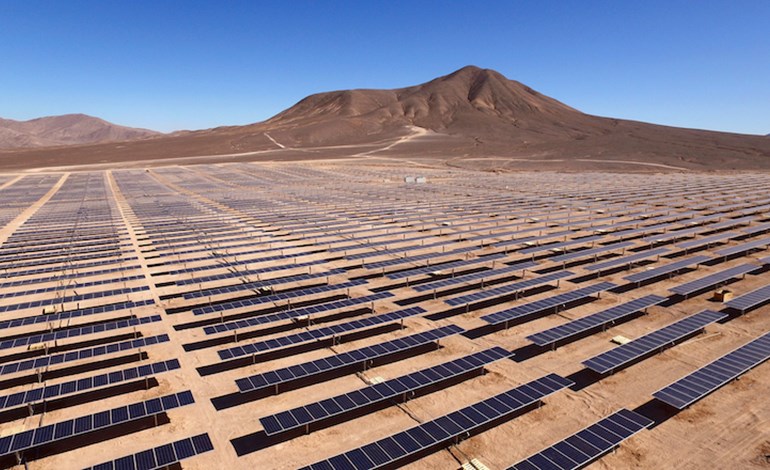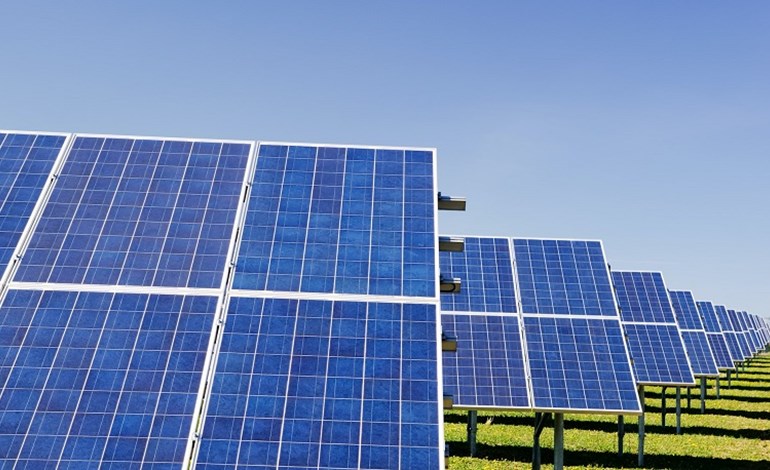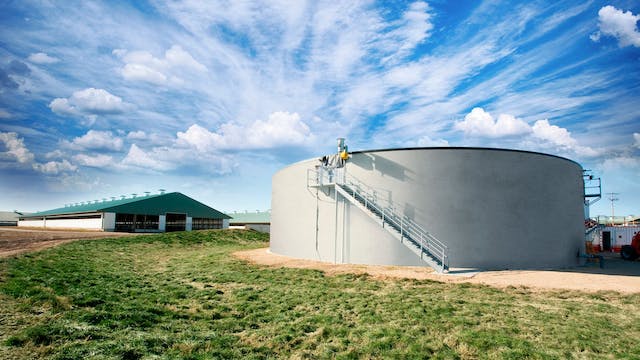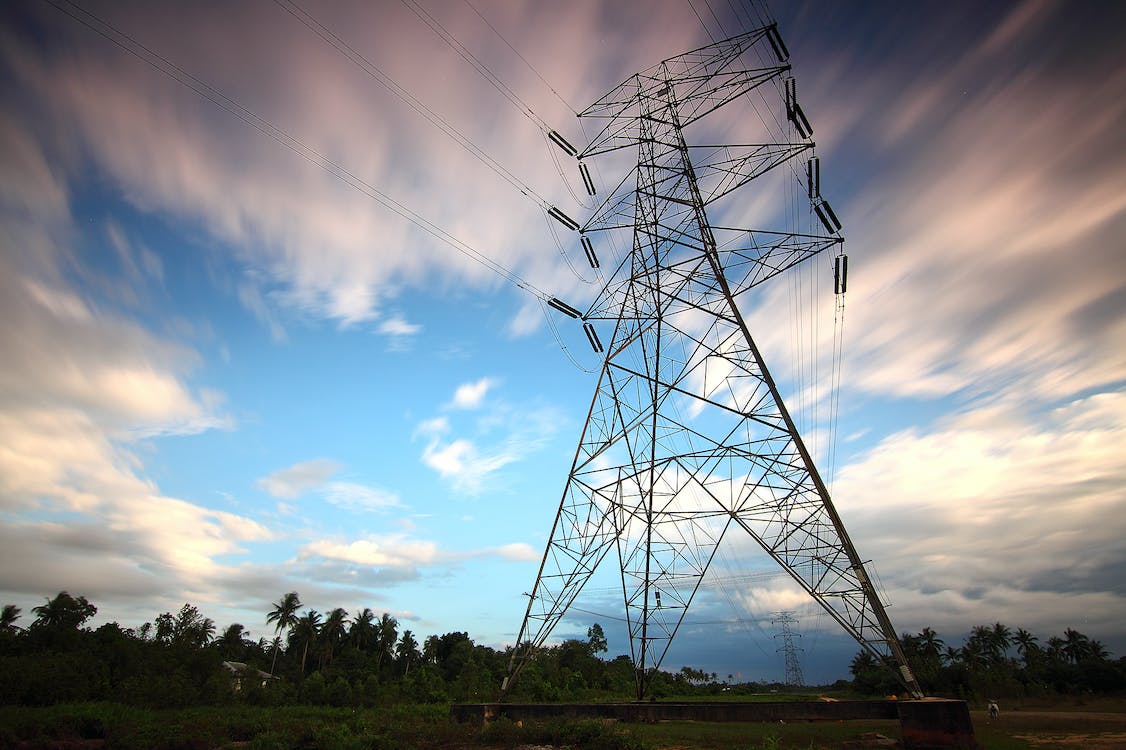Rystad Energy anticipates that the planned expansion of the BRICS bloc, incorporating Saudi Arabia among other new members, will position the group as a frontrunner in renewable energy in the coming decades.
The expansion initiative encompasses the existing BRICs ensemble, composed of Brazil, Russia, India, China, and South Africa, welcoming the United Arab Emirates (UAE), Egypt, Ethiopia, Argentina, and Saudi Arabia as new members, scheduled to take effect in January 2024.
See also: Offshore Wind Tower Demand Set to Exceed Manufacturing Capacity by 2029, Warns Rystad Energy
As the world accelerates its shift towards cleaner and more sustainable technologies, the BRICS+ alliance is projected to shift its energy mix, with over 80% of its power generation stemming from renewable sources by the year 2050. This transition will result in a total capacity of 11 terawatts (TW), surpassing the combined capacity of 4.5 TW anticipated in the Group of Seven (G7) nations, which includes Canada, France, Germany, Italy, Japan, the UK, and the US.
The increasing allure of renewable energy investments in the BRICS+ nations is underpinned by the declining costs associated with clean energy technologies. Moreover, member countries boast abundant natural resources and access to affordable labour, further enhancing the appeal of renewable energy projects.
Nevertheless, the BRICS+ nations, despite their rapid economic growth, grapple with the challenge of reducing emissions due to their substantial reliance on fossil fuels. In contrast, the G7 nations have witnessed emissions decline as a result of early adoption of green technologies and policies.
Both the BRICS+ and G7 groups have set ambitious climate targets, underscoring the pivotal role that sustainable energy will play in the ongoing global energy transition.
See also: G7 Nations Set Ambitious Targets for Renewable Energy but Stop Short of Phasing Out Coal by 2030
Lars Nitter Havro, Senior Analyst at Rystad Energy, commented on this transformative development, stating, “The BRICS+ alliance is fundamentally reshaping the global energy landscape, challenging established paradigms and committing to ambitious sustainability targets. As this emerging superpower's economies expand and energy demands continue to evolve, ensuring a stable and secure energy supply will become paramount. This provides an opportunity to directly shift towards advanced sustainable energy infrastructure rather than relying on outdated frameworks.”







